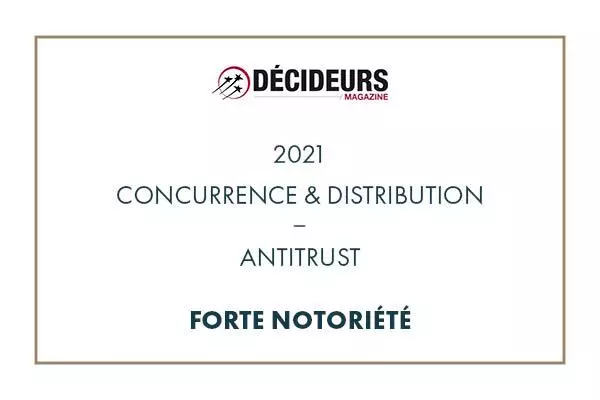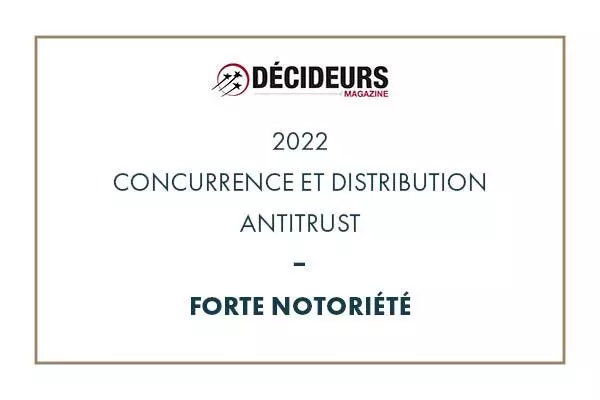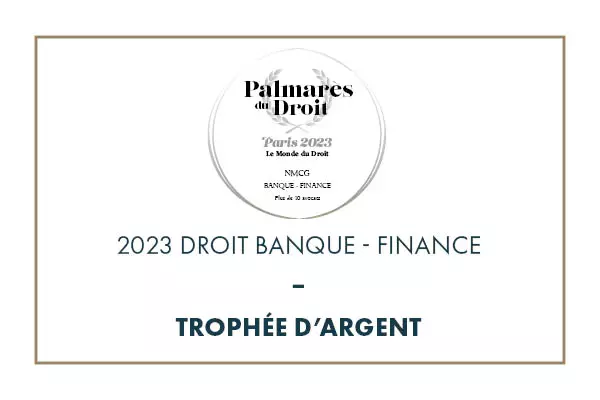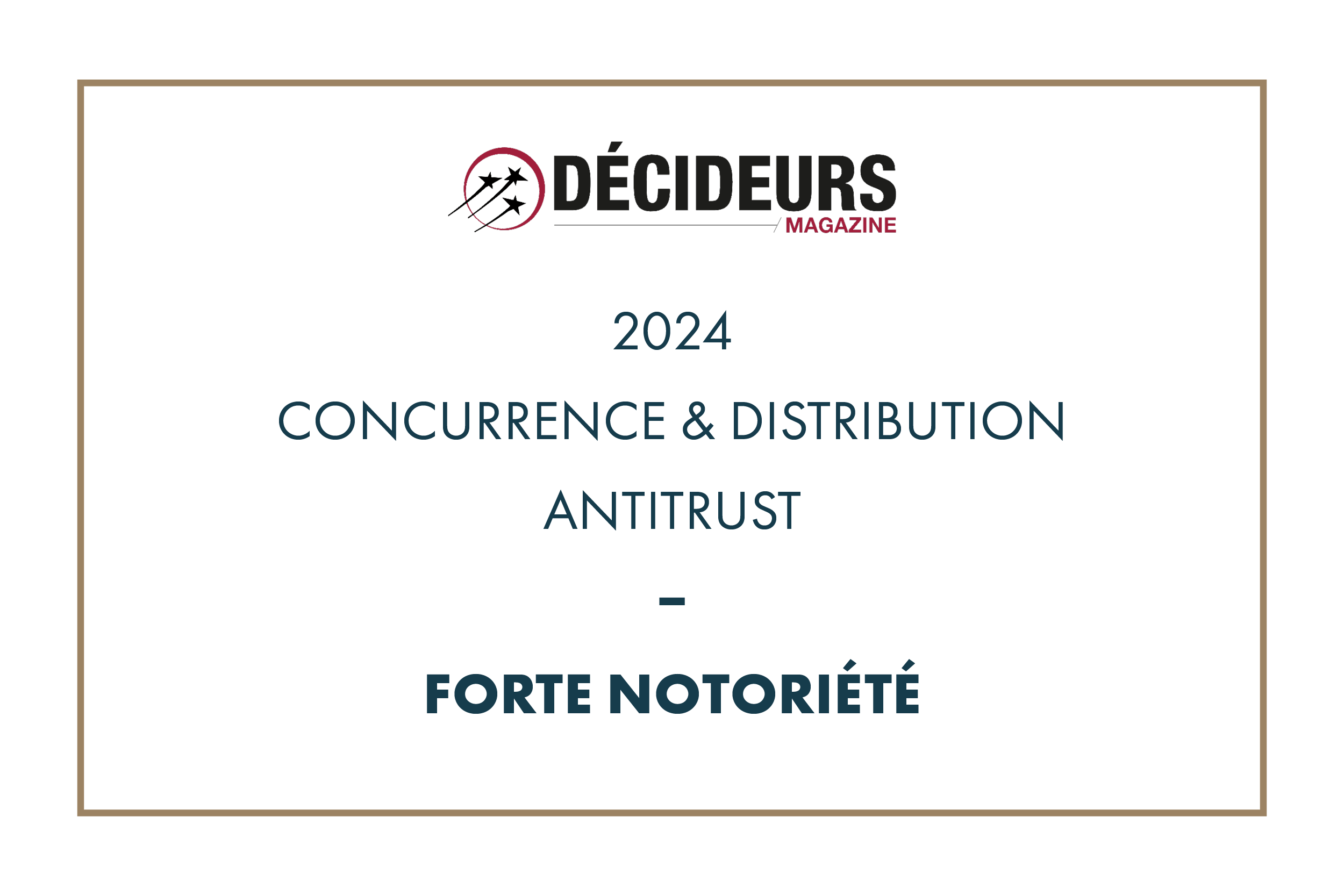Amazon and other marketplaces operators soon condemned […] ?
28 February 2023
According to the Union of Manufacturers for International Intellectual Property Protection (UNIFAB), counterfeiting accounted for 2.5% of world trade.
The most affected sector is that of luxury clothing and it is on e-commerce marketplaces that the most counterfeit products are found.
However, until recently, the liability of marketplaces for infringement could only be engaged when the e-commerce operator sold the product itself and was thus a seller and not a mere host.
In an important ruling on December 22, 2022, the Court of Justice of the European Union (CJEU) laid the groundwork for the liability of marketplaces operators in a dispute between the famous e-commerce platform Amazon and the company operating the Louboutin brand.
1 – What is counterfeiting?
Infringement is defined in articles L 335-2 and following of the Intellectual Property Code as “any reproduction, imitation or use of a trademark, patent, design, model or work without having been authorized by the holder of the rights”.
It is therefore an infringement of an intellectual property right.
Very often, the sale of counterfeit products on the internet and will therefore be directly linked to other offences such as unfair competition, denigration or misleading advertising, since the buyer who visits a site selling counterfeit products is not not properly informed about the characteristics of the product.
Moreover, counterfeiting will have the effect of damaging the image of the brand and will create confusion in the mind of the consumer between the original product and the counterfeit.
To fight against the growing practice of online counterfeiting, mutual commitments between property rights holders and e-commerce platforms have been made and have materialized through the signing of three charters:
- The Charter against counterfeiting on the Internet between holders of industrial property rights and e-commerce platforms, signed on 16 December 2009,
- The Charter against counterfeiting on the Internet between holders of industrial property rights and classified ad platforms on the Internet dated February 7, 2012,
- The Charter against counterfeiting on the Internet between holders of industrial property rights and postal operators dated February 7, 2012.
Under the terms of these charges, e-commerce platforms have undertaken to remove potential ads posted by an infringer and right holders have undertaken to notify the platforms of ads containing infringing products.
This system was however largely insufficient, in particular in that the operators of the marketplaces did not engage their responsibilities in the event of sale by third parties, on their platform, of counterfeit products.
2 – Towards a responsibility of marketplaces operators
Until very recently, the CJEU considered that a marketplace operator is only responsible for the authenticity of a product when it sells that product itself.
It considered that in the case of e-commerce platforms, the use of trademarks is carried out by the sellers and not by the platform operator, who merely carries out, on the instructions of a third party, a technical part of the process, without having any interest in the signs appearing on the products.
However, the case law of the CJEU has recently evolved.
In a ruling dated December 22, 2022, the CJEU paved the way for platforms to be held liable for the sale of counterfeits, ruling that Amazon should be considered as itself advertising fake Louboutin products sold on its site by third parties.
The circumstances of this case were as follows.
Amazon publishes ads on its online stores for both its own products, which it sells and ships in its own name and on its own behalf, and ads from third-party sellers.
The platform also offers third-party sellers additional storage and shipping services for products posted on its marketplace
It was discovered that third-party vendors related to red-soled shoes frequently appear on its site.
Mr. Christian Louboutin, a famous designer of high-heeled women’s pumps with a famous red outsole, claimed that he had not given his consent to the release of these products.
He filed two lawsuits in Luxembourg and Belgium against Amazon, arguing that Amazon was illegally using a sign identical to the trademark it owns for goods identical to those for which the trademark in question is registered, insisting in particular on the fact that the disputed advertisements were an integral part of the platform’s commercial communication.
The two national courts thus asked whether the operator of an online marketplace such as Amazon could be held directly liable for the infringement of a trademark owner’s rights resulting from an advertisement by a third-party seller.
The Court of Justice of the European Union (CJEU) has answered this question in the affirmative:
” The operator of an online sales website which, in addition to its own offers for sale, includes an online marketplace, may be considered to be using a sign identical to another’s EU trademark for goods identical to those for which that trademark is registered when third-party sellers offer such goods for sale, on that marketplace, without the consent of the owner of that mark, of such goods bearing that sign, if a reasonably well-informed and reasonably attentive user of that site establishes a link between the services of that operator and the sign in question. “
This will be the case in particular when the user will have the impression that it is the operator of the marketplace who is himself marketing, in his own name and for his own account, the goods bearing the sign in question.
As such, the Court notes that the following are relevant:
- The operator uses a uniform presentation of the offers published on its website, displaying at the same time the advertisements for products it sells in its own name and for its own account and those for products offered by third-party sellers on the marketplace,
- He puts his own logo as a renowned distributor on all these ads
- It offers to third-party sellers, within the framework of the marketing of products bearing the sign in question, additional services consisting in particular in the storage and shipment of these products.
However, the CJEU did not decide the dispute since it is up to the national court to decide, but it will have to do so in accordance with the CJEU’s decision.
This decision is similarly binding on other national courts that may be seized with a similar problem.
***
Si l’arrêt de la CJUE est inédit en ce qu’il laisse entrevoir, pour la première fois, la possibilité d’engager la responsabilité d’un exploitant de marketplaces pour des produits qu’il ne commercialiserait pas lui-même, il est toutefois circonscrit aux exploitants de marketplace qui proposent eux-mêmes des produits ou services sur leur plateforme.
Otherwise, in accordance with the “eBay” jurisprudence of the CJEU, the liability of the mere operator of marketplaces cannot be sought for infringement and only the seller can be sued.















































